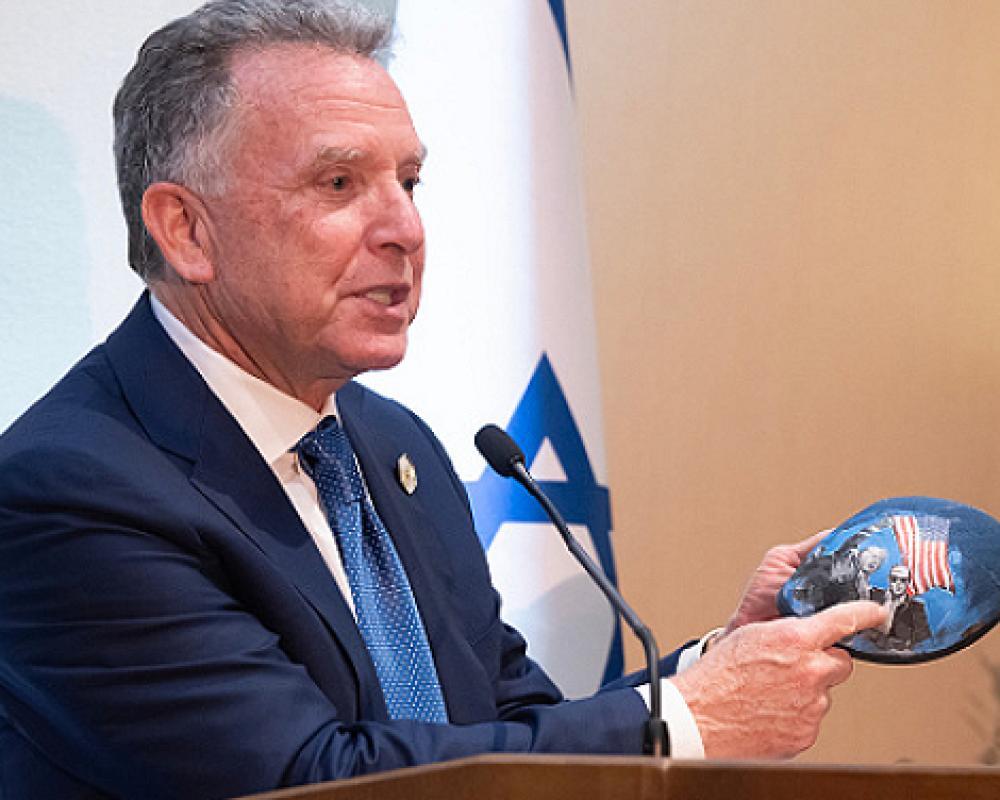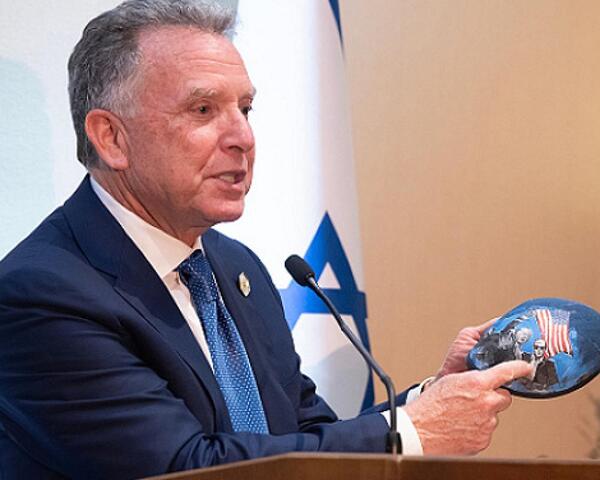US envoy Steve Witkoff made a phone call to Israeli soldier Idan Alexander after he was handed over to the Red Cross but before his return to Israel, an unusual move. This call occurred after the Red Cross informed Witkoff that Alexander was in their custody.
Details of this call were revealed for the first time on Tuesday morning during the "This Morning" program broadcast on the official Israeli radio station, Reshet Bet.
In previous similar deals, the first contact with the released soldiers was usually made by an Israeli official within the central operations room that oversaw the release process.
This official was responsible for verifying the identity of the kidnapped soldier and explaining the steps involved in his return to Israel and meeting his family.
But this time, Witkoff himself spoke to Alexander, a clear indication of the Trump administration's direct involvement in the release process, and even in managing its protocol.
On May 11, Hamas announced that it had decided to release soldier Alexander as part of steps aimed at facilitating a ceasefire, opening the crossings, and allowing humanitarian aid into the Gaza Strip.
The Associated Press quoted a senior official in the movement as saying that the decision came after five days of negotiations with Egypt and Qatar, in addition to talks with American representatives.
The official explained that the mediators advised Hamas to present a "gift" to President Trump in the hope of obtaining greater gains later.
According to the same source, Alexander's release could pave the way for a potential US declaration of a ceasefire, facilitating aid deliveries, and possibly progress on a hostage exchange deal.
In the same context, a well-informed Palestinian source revealed to Israel's Kan Channel that Qatar played a significant role in the mediation, requesting that Hamas leadership release Alexander without compensation. This would serve as a "goodwill ambassador" to the Trump administration, thereby increasing pressure on Israel to return to the negotiating table.
At the same time, direct talks began between Hamas leaders and US administration officials.
According to the source, Khalil al-Hayya, Muhammad Darwish, and Musa Abu Marzouk participated in these talks. During the meetings, the US envoys attempted to convince Hamas that Alexander's release would be met with an attempt by Trump to persuade Israel to enter into a temporary truce and initiate broader negotiations.
For its part, Israel asserted that the soldier's release was a gesture to the United States, without pledging in return to release Palestinian prisoners or declare a ceasefire.
It was content with granting a safe passage to enable the release. This step is expected to open the door to negotiations for the release of more hostages, according to a plan proposed by Witkoff and approved by Israel, but which Hamas has so far refused to abide by.



Share your opinion
US envoy Witkoff contacted soldier Alexander before his return from Gaza.